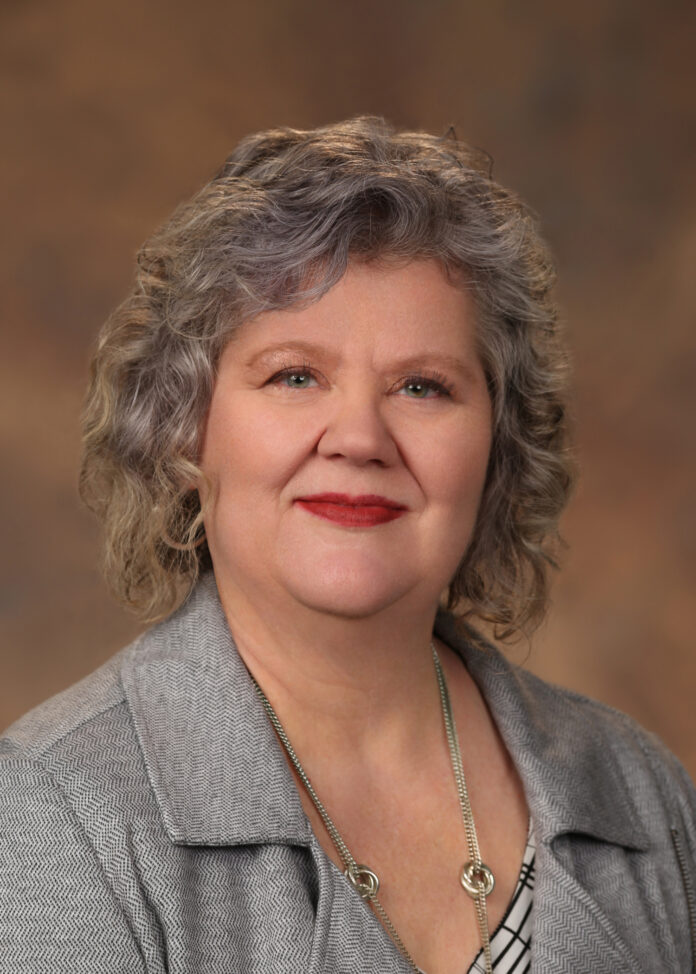
I went to Montana a few weeks ago for a memorial for one of my uncles. One of the things I do whenever I go to see my family in Montana is to go visit the family plot in the Churchill cemetery. As I walk the cemetery, there are a few graves I always stop at and pay my respects. One is my grandparents, and the others are all my aunts and uncles. There are 5 little headstones near my grandparents for several of those aunts and uncles. Those 5 headstones are for aunts and uncles I never was able to meet because they all died as small children. I think about those 5 headstones every time I teach or write about diseases or conditions that take our babies before they have the chance to grow up, or worse take care of a patient and family who are struggling to fight a childhood chronic disease. Childhood cancer is one of those diseases.
Medical care in the 1920’s to the 1940’s when my grandparents lost their babies was very different than it is today. For instance, one of my aunts died of croup at age 18 months. Today we don’t think of croup even as something serious. The reason we don’t think of it as serious is because we now have antibiotics. Antibiotics didn’t exist when my aunt died from croup, they were introduced to the public about 5 years later. Childhood cancers are like that. Not so long ago, a childhood cancer was almost always a death sentence. Less than 20% of kids survived cancer in the early 1960’s. But that has changed radically, now about 80% of kids in the US survive cancer. But even at 80% we have a long way to go in fighting childhood cancers. It is my hope that soon we will look at childhood cancers as we now look at croup, something minor that a few days of treatment will fix. Even for kids that survive, cancer treatment is often painful and difficult. We can make this better for every child who gets cancer.
To get there, though, we need to rally behind the science of cancer treatment for kids. That starts with awareness. That is why September is designated as Childhood Cancer Awareness Month. Part of that awareness is supporting funding for childhood cancer research programs. One well known example of a children’s hospital that participates heavily in childhood cancer research is St. Jude’s Children’s Hospital. That hospital needs about $2.2 million to operate—every day. That is not just for research, but for care, but that is still a substantial price tag. The costs also show in the world-wide statistics. According to the American Childhood Cancer Organization (ACCO), the 5-year survival rate for kids with cancer in high-income countries is 80%, but the 5-year survival rate for kids with cancer in low-income countries is less than 8%. In other words, kids in high-income countries are more than 10 times more likely to survive cancer than kids in low-income countries. Health disparities between the wealthy nations and the poor nations mean that 44% of children who die of cancer the diagnosis is made after death. There are just not the resources like hospitals, doctors, and testing to diagnose cancer in kids much less treat it in many parts of the world. Just like with the technology in your home, as treatments advance, costs come down. Awareness benefits everyone.
Even in high-income countries, childhood cancers still exact an awful toll. Childhood cancer is the leading cause of death by disease in children in the US, and 1 in every 285 kids will be diagnosed with cancer before their 20th birthday. Awareness is important because childhood cancers tend to be more aggressive than adult cancers, and like adult cancers, the earlier they are diagnosed the more likely treatment will be successful. The most common types of childhood cancers are bone cancers, brain and brain stem cancers, leukemia, liver cancer, lymphomas, nerve cancers, eye cancers, Rhabdoid (muscle) tumors, soft tissue cancers, spinal cord tumors, and Wilms tumors, a special kind of kidney cancer. The ACCO website has great information on symptoms and diagnosis of childhood cancers www.acco.org. If you are concerned your child may be experiencing these symptoms, please speak to your primary health care provider.
This September, remember the kids who suffer from childhood cancer and keep them in your thoughts and prayers. Please support childhood cancer research with your words, and if you can, with your pocketbook. Every person in this fight makes a big difference.



